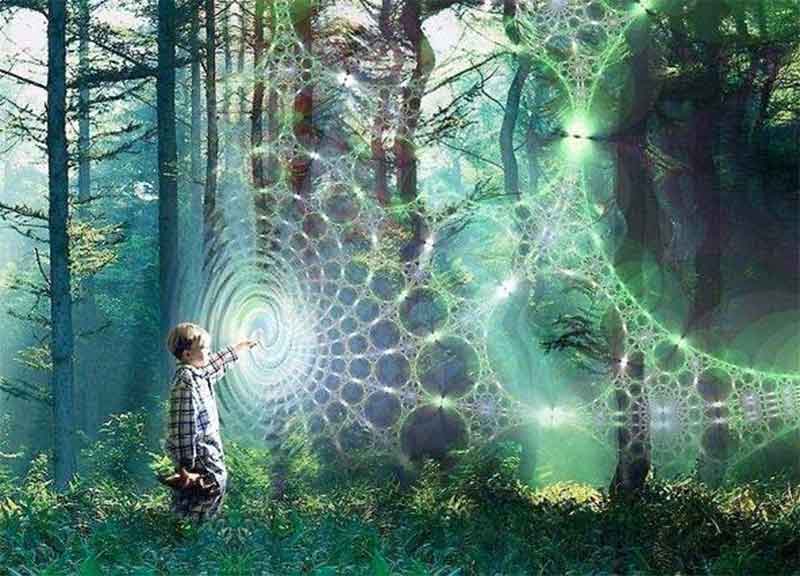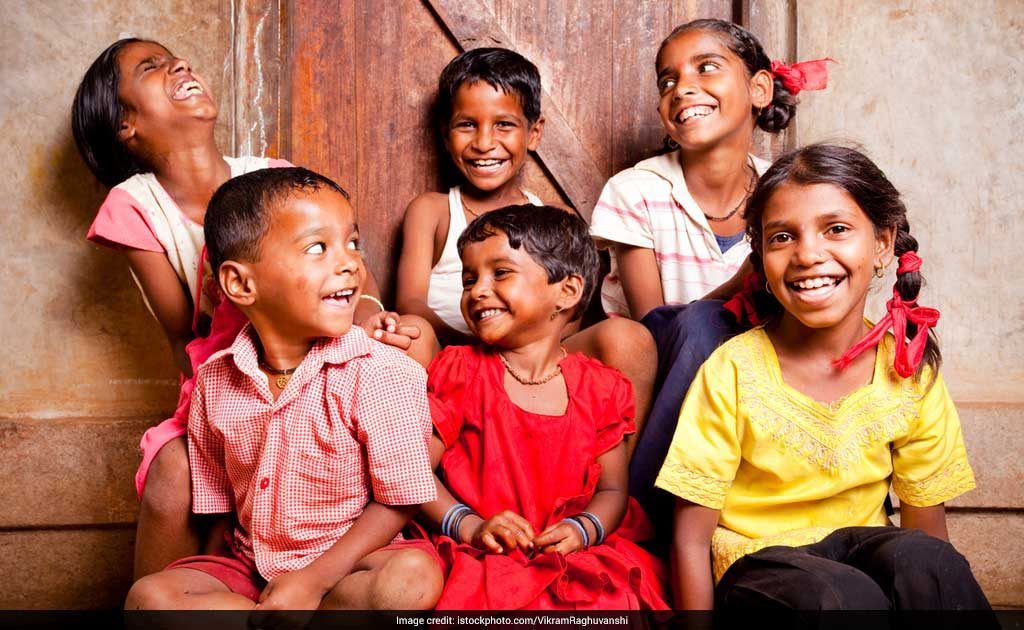
Evolutionary theory or the Darwinian theory of Natural Selection explains how biological life has developed and evolved to its present state on our planet.
Darwin’s theory proposes that Individuals of all species which possess characteristics advantageous for survival in a specific environment do so in ‘transmutation’ (the act or process of changing or altering in form, appearance, or nature into something different), and pass on their fitness – the inheritance acquired characteristics – to each succeeding generation, thus adding to and increasing the proportion of this population within that environment.
Charles Darwin theorised that natural selection was “adaptation and speciation”, the principle by which each slight variation of a trait, if useful, is preserved.
The evolutionary paradox. Humans believe we are completely evolved, but this is not true though we love to think that we are the natural inheritors of the planet, and that we, the human inhabitants of our planet, are the rulers of Earth due to our dominance of it, the naked truth is, we are not, because we have not evolved enough.
Konrad Lorenz, Austrian Nobel laureate, zoologist, ornithologist and founder of modern ethology, the study of animal behaviour, once said, “Man appears to be the link between anthropoid apes and human beings”.
We are far from evolved – regardless of incontestable evidence to the contrary, we still hold firmly to the false belief that we are at the summit of evolution. We are clearly deluded. We harbour this unrealistic conviction about ourselves because we are indeed the extra-complex inhabitants of this planet, and our convoluted complexity leads us to acting out our thoughts and deeds in a manner that damages everything around us.
Evolutionary theory cannot explain why the evolution of man has stagnated, and why man has grown into this violent, selfish creature in such a short time.
The more we consider ourselves rulers of the earth, and give ourselves the power to manipulate nature according to our needs, the less control we have over the ecology and the problems we set ourselves up for.
Ecosystems essential to human life are being pushed beyond their sustainable limits by over-consumption, toward a state of collapse. Local ecosystems and the biosphere have been diminished, i.e. environmental degradation has taken place due to human activity such as mining, damming, agriculture and deforestation which has led to air and water pollution, elevated carbon dioxide levels and reduced biodiversity. Our demands around energy, food production and agriculture are destroying surface vegetation, degrading soil structure and fertility and impeding water filtration. Though as a species we’ve been on Earth for less than half of 1% of its existence. Our impact on the planet has been so profound that nature’s resources such as trees, habitat, earth, water, air are being consumed faster than nature can replenish them.
Humans impact the physical environment in many ways: overpopulation, pollution, burning fossil fuels, and deforestation. Changes like these have triggered climate change, soil erosion, poor air quality, and undrinkable water. These negative impacts can affect human behavior and can prompt mass migrations or battles over clean water. https://education.nationalgeographic.org
The measure of human demands on Earth’s natural resources is known as our ecological footprint. Currently, we use the equivalent of 1.5 Earths to produce all the renewable resources we use. As the human population grows, the challenge of reducing our footprint becomes more urgent. https://www.worldwildlife.org
Co-evolution. The world is under threat so we must recognize the need for co-evolution, which means the laws and principles of the natural world apply equally and in the same measure to mankind as with all the Earths biodiversity, and this gives us an equal opportunity to survive and evolve with nature.
My friend, the late Prof. Ali Ansari says this about co-evolution, “In Biology ‘evolution’ is used in a precise sense and refers to genetic change and the emergence of new species. However, if you have experienced a movement in your understanding and emotional reactions in the direction of a gradual freedom from self-concern – and a feeling of deep connectedness with nature and the people around you – this is co-evolution”. He went on to say, “We must learn to co-evolve or perish as a dysfunctional species. There has never been a time in human history when disturbance to the earth’s system of balances has so openly threatened our future – ecologically and in terms of holding the human race together”.
Co-evolutionis about finding the humanity within ourselves, recognising it and letting it surface so that we become more aware that we are only part of the web of life and co-exist with empathy and acceptance of things as they are, this is essential for the continuance of life as we know it.
Gaia – everything is connected – Dr James Lovelock, in 1972 coined the term Gaia to describe how the air, the ocean and the soil are as much part of life itself as every living thing. He understood that the combination of everything creates a single giant living system that keeps the Earth in the most favourable state for life.
Interbeing – more recently, Thich Nhat Hanh coined the word Interbeing which means ‘the interconnectedness of all things’ – that everything in the universe is connected in some way; all things and events are part of a larger, interconnected system which are connected through our actions, feelings, thoughts; all things exist in a state of interconnected being, interwoven and mutually dependent.
Coexistence is toattain oneness with the self; an awareness of our own inner spirit; our affinity with society at large and with nature in general. Coexistence is our identification with our surroundings and our own sense of duty to nature and society.
Darryl Reanny, a molecular biologist, says, “This has always been the pattern of evolution – change never affects a whole population uniformly; in any population there are always a few “mutant” individuals who are “ahead of their time”. It may take tens or hundreds of generations for the new property, if it is selectively useful, to become the norm for the species.”
It is up to us to become like Darryl Reanny’s mutant individuals that rise above our petty concerns and convoluted and delusional concepts about ourselves and co-evolve, embrace nature, acquire a new sensitivity to our natural world and the immeasurable ways that human activity corrodes our planet.
For our own safety as a species, we have to co-evolve towards a simpler way of life – consuming less, sharing more and striving to make life simple.
Those of us who are ahead of our times and who mutate and co-evolve will be consciously aware of our responsibility to ourselves and the community we live in and work towards equity, justice and stewardship, i.e. taking the responsibility of looking after and caring for the ecosystem we live in.
May this mutant species co-evolve, multiply and flourish!
Pratap Antony writes on ecology and environment, social justice and pluralism, management ideas and issues, jazz and western classical music and Indian classical dance.














































